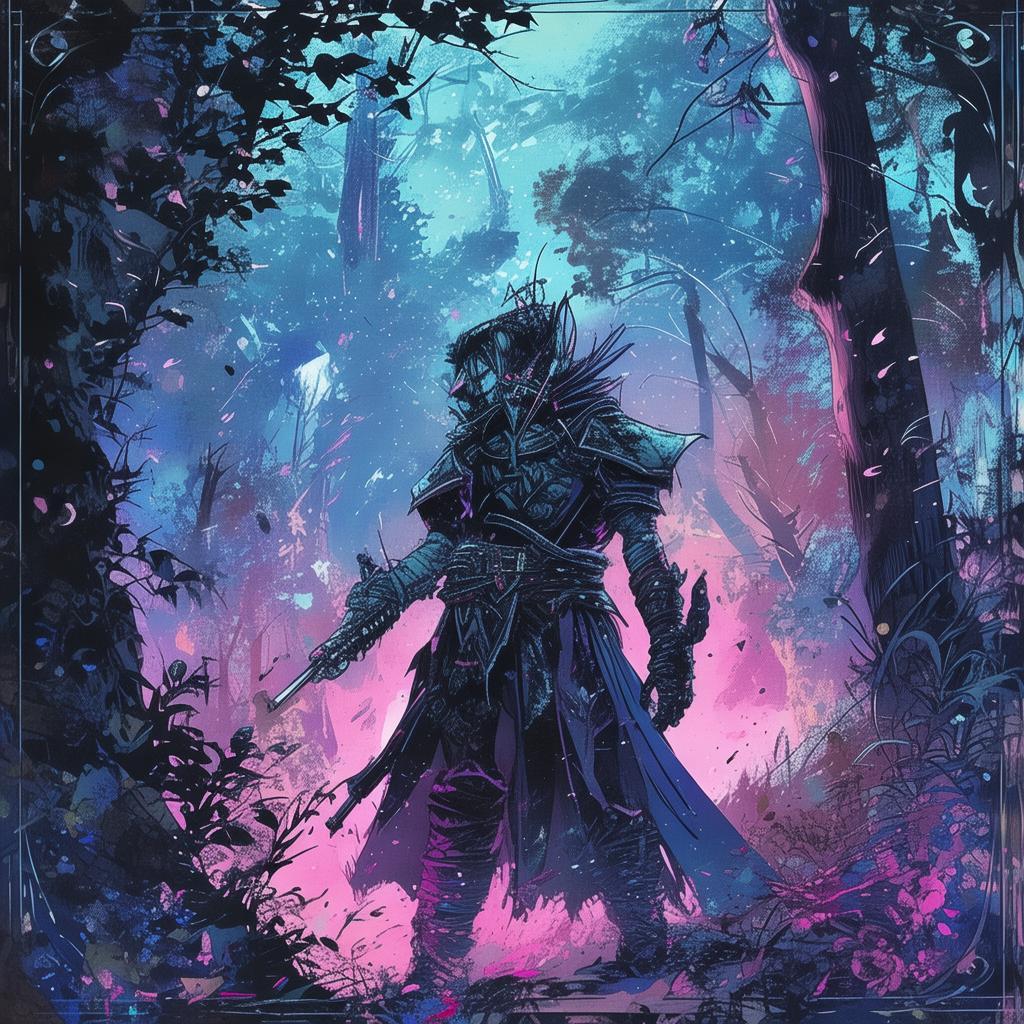The Emperor's Soup: A Tang Dynasty's Secret Recipe
In the heart of the Tang Dynasty, a time of prosperity and cultural richness, the Emperor was known for his discerning palate and insatiable curiosity. The court was abuzz with tales of a legendary soup, said to possess the power to grant immortality. This soup, known as the "Emperor's Soup of the Ancients," was a secret that had been passed down through generations, but its recipe had been lost to time.
The story begins in the imperial kitchen, where the head chef, a master of flavors and a man of great repute, discovers an ancient scroll amidst the ruins of a forgotten temple. The scroll, yellowed with age and filled with cryptic symbols, spoke of the soup's origin and the ingredients that must be gathered to create it. The chef, driven by a thirst for knowledge and a desire to please the Emperor, set out on a perilous journey to find each of the rare and mystical ingredients.
As the chef ventured deeper into the unknown, he encountered a myriad of challenges. The first ingredient, the "Blossom of the Immortals," was a flower that bloomed only once every century and could only be found in the highest peak of the Forbidden Mountains. The chef, with the help of a young monk who had lived there for decades, braved treacherous paths and harsh weather to retrieve it.
The second ingredient, the "Heart of the Dragon," was said to be the heart of a dragon, a creature that was as elusive as it was powerful. The chef, now accompanied by a group of warriors and scholars, embarked on a quest to the depths of the Great Wall, where legends spoke of dragons resting in the ancient watchtowers.
The journey was fraught with danger. The warriors faced bandits, and the scholars deciphered ancient texts to understand the soup's mystical properties. The chef, however, was undeterred, driven by the promise of immortality and the thought of the Emperor's delight.
The third ingredient, the "Eternal Spring Water," was a rare spring that flowed with water that never ceased to flow, no matter the season. The chef and his companions traveled to the remote regions of the empire, where they found the spring hidden in a lush, enchanted forest, guarded by a mythical creature that tested their worthiness.
With each ingredient gathered, the chef felt the soup's power growing, and the air around him seemed to hum with ancient magic. But as the final ingredient, the "Silent Whispering Leaves," was discovered, the chef learned of a dark prophecy: the soup could only be brewed by a pure soul, one free from deceit and corruption.

The chef, who had always strived to be loyal and honest, faced a moral dilemma. He was the only one who could brew the soup, but he feared that the Emperor, who was known for his cunning and ambition, might not be the pure soul the prophecy spoke of. The chef sought counsel from the wise, but their opinions were divided.
As the time to brew the soup approached, the chef found himself at the crossroads of loyalty and destiny. He knew that if he brewed the soup for the Emperor, he would be hailed as a hero, but he also knew the potential consequences. He sought an answer in the ancient scroll, which spoke of a final test: a journey to the land of the forgotten, where the soul of the brewer would be revealed.
With the help of his companions, the chef embarked on the final journey. They traveled through the desolate lands, facing the trials of their own pasts and fears. When they finally reached the land of the forgotten, the chef was confronted by his own shadow, embodying his deepest regrets and darkest desires.
In a moment of truth, the chef chose to face his past and confront his regrets, choosing to let go of his ambition and desires for immortality. The shadow, seeing his newfound purity, dissolved, and the chef returned to the court, his heart lighter and his spirit renewed.
The Emperor, intrigued by the chef's return, asked him about the journey. The chef, with a smile, revealed the true nature of the soup and the prophecy. The Emperor, understanding the gravity of the situation, decided that the soup was not meant for him, but for the people who had supported and loved him throughout his reign.
The chef brewed the soup, and as it simmered, the air was filled with a sweet, fragrant aroma. When the soup was served, it was not the Emperor who drank it, but the people of the empire. The Emperor watched as his subjects experienced moments of clarity and rejuvenation, and he realized that true immortality lay not in the body, but in the hearts of the people he had served.
The tale of the Emperor's Soup spread far and wide, becoming a legend that would be told for generations. The chef, now known as the "Soup Sages," was revered for his wisdom and selflessness, and the Emperor's Soup became a symbol of the enduring spirit of the Tang Dynasty.
✨ Original Statement ✨
All articles published on this website (including but not limited to text, images, videos, and other content) are original or authorized for reposting and are protected by relevant laws. Without the explicit written permission of this website, no individual or organization may copy, modify, repost, or use the content for commercial purposes.
If you need to quote or cooperate, please contact this site for authorization. We reserve the right to pursue legal responsibility for any unauthorized use.
Hereby declared.









